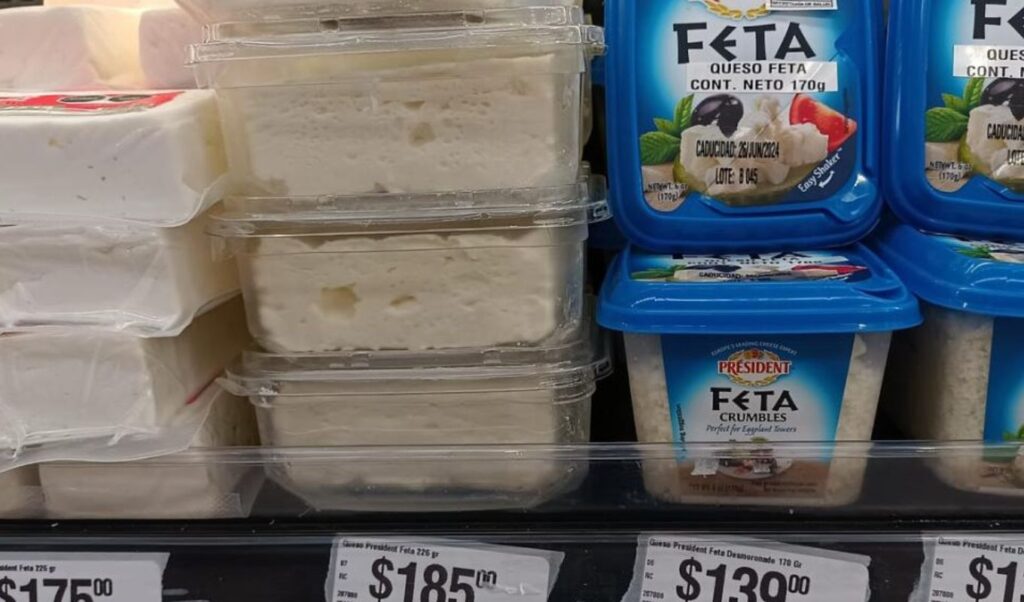The economic leadership awaits the official ratification of the EU-US agreement on tariffs, with the goal of subsequently claiming exemptions for Greek products through bilateral consultations at the European level. The focus is primarily on PDO products such as olive oil, feta cheese, yogurt, wine, and olives, which are not only particularly important for Greek production but also significantly strengthen the country’s export footprint. All parameters of the next moves are already being examined.
Moreover, apart from avoiding damage to Greek producers, the goal is to prevent the trade balance with the US from becoming deficit-driven, which is currently slightly in surplus. Greek exports to the US reached €2.4 billion last year, while American imports amounted to €2.16 billion.
At the same time, the government is turning its attention to new alternative destinations, with India and the Middle East ranking high on the agenda. Government sources note that the country cannot rely exclusively on decisions made in Brussels, where all member states will wage their individual “fight for all” for their own products (e.g., France with champagne).
Kyriakos Pierrakakis: The agreement “prevents a trade war with cascading consequences”
The “tone” for government thinking was set by the Minister of National Economy and Finance, Kyriakos Pierrakakis, who initially stated that the agreement “prevents a trade war with cascading consequences” and “ensures transatlantic unity.” However, he emphasized that “Greece would prefer a lower tariff rate, ideally zero. The 15% is lower than the original plan, but it still weighs heavily.”
The minister also sent a message to Europe’s interior. He stated that “we cannot talk about a single market and still have internal obstacles that function like intra-European tariffs. In manufacturing, they reach 45% and in services 110%. These are barriers that must collapse,” also referring to related reports by Mario Draghi.
Special study on the impact of American tariffs
Meanwhile, the Parliamentary Budget Office has prepared a special study on the impact of American tariffs. The working document focuses on 20 sectors with exports to the US for the period 2000-2024. Last year, exports to the US from these specific sectors covered approximately 76% of the total value of exports to the US for that year.
For the period 2000-2024, the average annual export value to the US by product category was as follows (value in millions of euros in parentheses): Fish-Seafood (18.4), Vegetables (1), Fruits (14), Beverages (1), Oil seeds (2), Prepared vegetables and fruits except olives (60), Wines (10), Hydraulic cements (65), Mineral fuels (320), Pharmaceuticals (2), Materials (23), Steel (7), Steel products (74), Aluminum (80), Machinery (28.3), Electrical appliances (71.8), Aircraft (57.5), Olives (100), Olive oil (30), and Feta cheese (27).
The Budget Office also proposes targeted support for export sectors most vulnerable to adverse trade disruptions, redirecting exports to new international markets despite the associated costs, and examining temporary relief measures for affected exporters. These include reductions in non-wage costs or energy costs, aimed at immediate relief, maintaining employment and business continuity, as well as implementing training initiatives to strengthen workforce skills.




